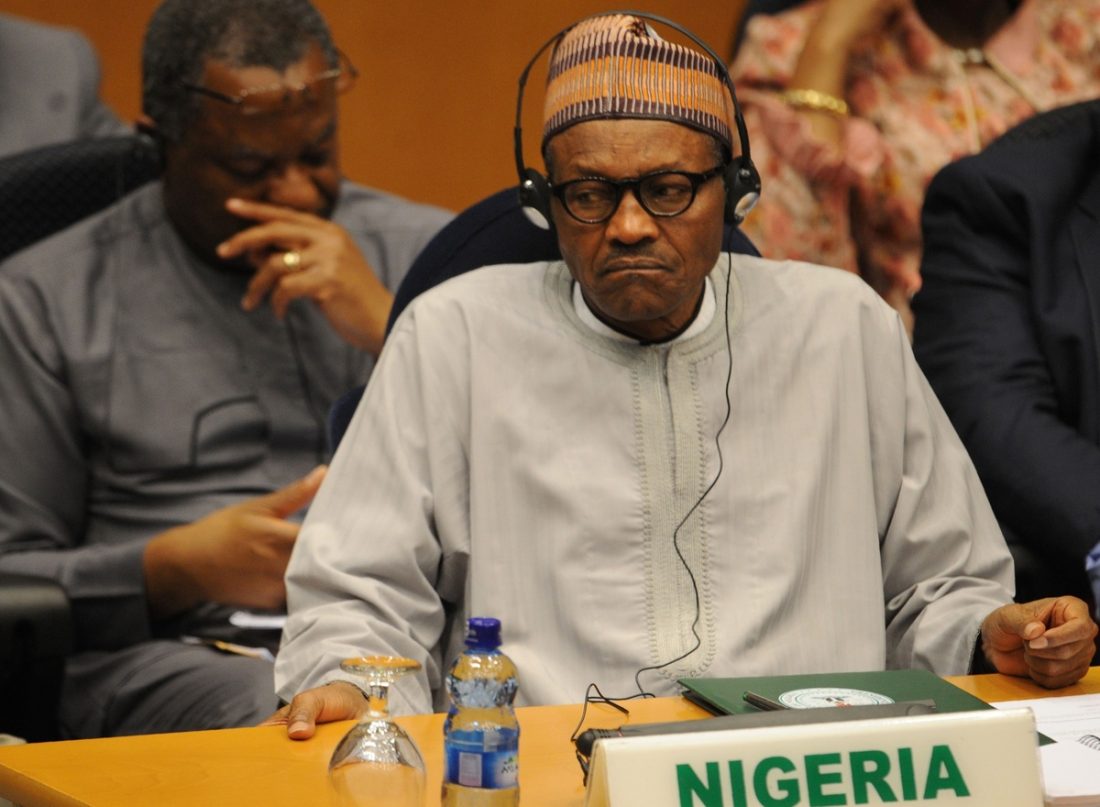ABUJA, Nigeria – Nigeria’s National Economic Council, NEC, is opting for a new direction, disavowing the social register from the previous administration of Muhammadu Buhari for the implementation of its conditional cash transfer program, citing credibility issues.
Instead, the NEC is endorsing state-level cash transfer programs using their social registers and introducing a six-month cash reward system for public servants.
This decision was reached at a lengthy meeting at the State House on Thursday that saw the attendance of the Vice-President, all thirty-six state Governors, a representative of the Governor of the Central Bank, and other government officials.
High on the agenda was the development of a strategy to provide relief for the poor in light of the removal of fuel subsidies.
Governor of Anambra State, Prof. Charles Soludo, confirmed the resolution to reporters after the meeting. “We need to face the problem of the fact that we don’t have a credible register,” he said.
In addition to the social register issues, Soludo shared the Council’s decision to offer single-digit interest loans to Micro, Small, and Medium Enterprises, MSMEs.
The NEC also reached a consensus to expedite outstanding payments for public servants and pensioners as a measure to alleviate the current economic hardship.
The Buhari administration, with the World Bank’s support, had established the National Social Safety Nets Project, NASSP, in 2016.
The project led to the creation of a National Social Register for data collation from poor and vulnerable households, intended for cash transfers.
Since its inception, over 61 million vulnerable individuals and about 15 million households have been registered across the 36 states and the Federal Capital Territory, FCT.
Recently, the Federal government secured an $800 million World Bank facility to offer conditional cash transfers to the nation’s most vulnerable households following the removal of the fuel subsidy.
President Tinubu had earlier stated that the Federal government would pay N8000 monthly to households to cushion the effect of the subsidy removal.
However, earlier this week, the President revised this plan and promised a review of the policy.







